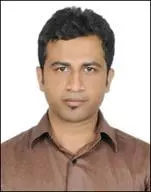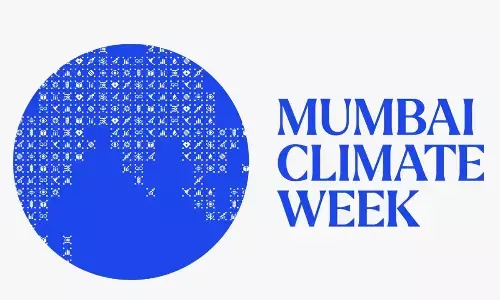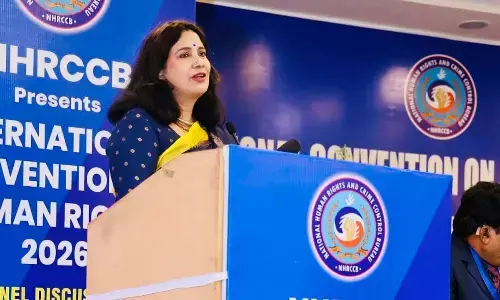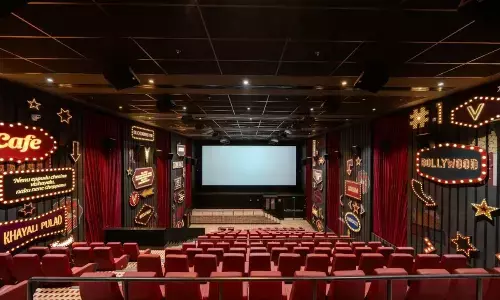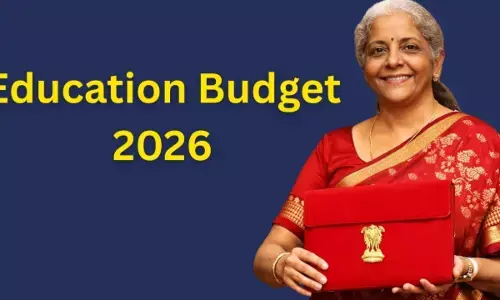120 scientific experts from 90 organizations attend global Summit in Bengaluru
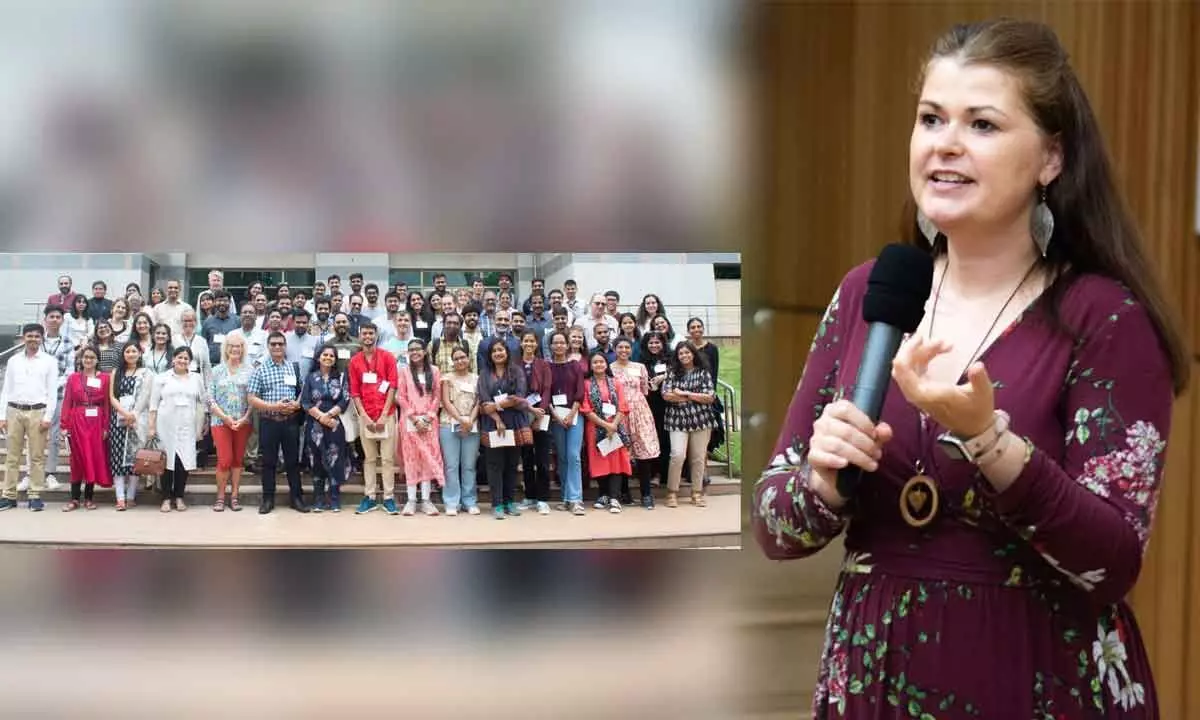
Bengaluru: The echo network, a social innovation foundation recently held its first-ever global Summit hosted by the Tata Centre for Genetics and Society in Bengaluru. The summit brought together over 120 individuals from 90 organizations, including 48 students from the echo network’s Sustainability Ambassadors Global Exchange (SAGE) Program.
The objective of the Summit was to find concrete ways to bring evidence-based knowledge to Indian communities through collaboration between academia, companies, government, NGOs, and the communities themselves. On Day 1 of the Summit, the Senior SAGE Ambassadors, who represented 20 universities and institutes from 6 countries, presented their background research on ground-level problems under the broad categories.
This included OneHealth, Regenerative Agriculture, Ecosystem Valuation, and Circular Bioeconomy. These Masters and PhD students have been engaged in a 10-week program under the guidance of the echo network and over 75 instructors. They not only presented their research topics, but they guided expert working groups on Day 2 to develop long-term consortium-based projects to be undertaken by network members and SAGE Fellows over the next three years.
Speaking on the Summit, Founder and Global Director, echo network, Shannon Olsson said, “The echo network has spent the last three years building a community through trust. Through hundreds of interactions between individuals from all walks of life, we have developed evidence-based projects that use science and technology to address current issues our communities are facing. The summit discussions extended these ideas towards an academic training program we are developing. Our community members are open, passionate, and considerate. This made our first Summit more like a family reunion than a conference. The surest sign of success for us has been that our network members left not just satisfied with the event but buzzing with ideas on how to expand these projects in their own organizations and businesses. This is exactly the outcome we hoped for.”
The Senior Ambassadors were joined in this discussion by 26 undergraduate Junior Ambassadors from four Indian States. They will take the talking points discussed during the Summit back to their home communities to raise awareness on evidence-based actions. The communities can then take a decision to building local climate resilience and sustainability. These communities will also be paired with one of the echo network’s 1200 organizations who will work directly with the community to realize these actions. All these events form the basis for the echo network’s “Communities of Practice” model. This model is designed to link the network’s 2200 members crossing 45 countries in the scientific process to ensure better scoping, scaling, and translation of new knowledge & technologies to enhance sustainable development in emerging economies.
"One key realization that emerged from the discussions is the interconnectedness of various areas – this is especially true when it comes to ecosystem valuation, but it extends to all. It became evident that these domains are not mutually exclusive but rather complement each other in achieving sustainable outcomes", said Dorotea Rossi from NHH Bergen one of the participants at the Summit.
Another participant at the Summit, Arun Sai Kumar from ICRISAT Hyderabad said, "The field trip to BR Hills was truly an unforgettable experience that left a profound impact on me. Throughout the trip, I learned some really important things that have shaped my perspective. One of the most crucial insights I gained was the need to acknowledge tribal communities as invaluable contributors to scientific research. They have a lot of traditional knowledge to offer, and it's important to include them in studies and share the results with them. Additionally, I also realized the essential connection between tribal involvement and effective forest conservation. The concept of co-settlement emerged as a groundbreaking approach, highlighting the symbiotic relationship between tribal communities and the preservation of our forests."

